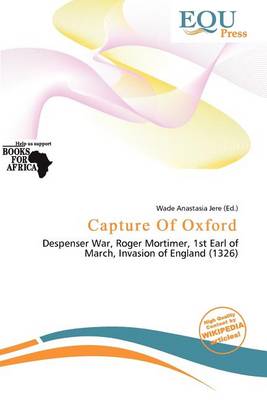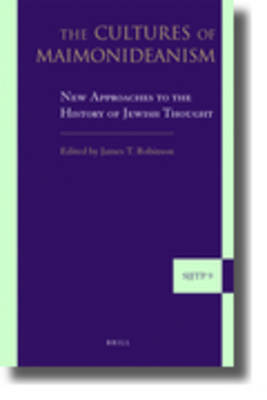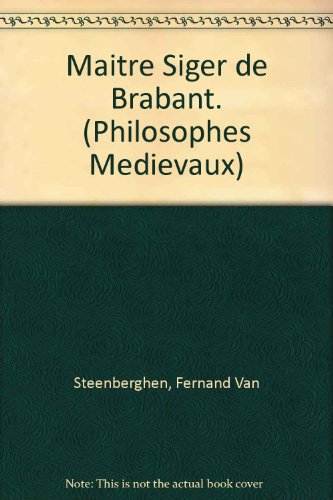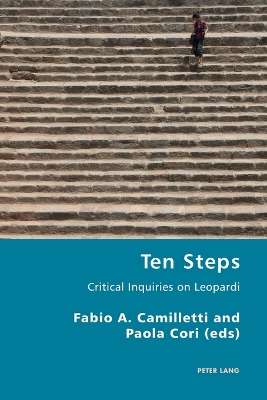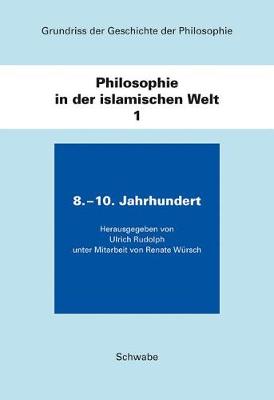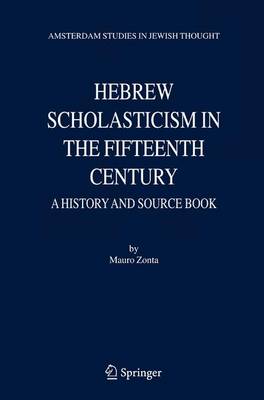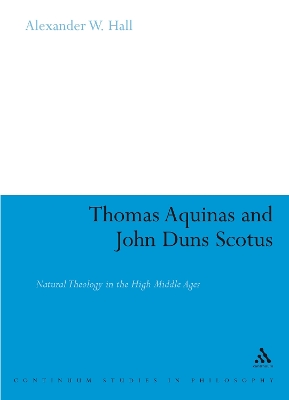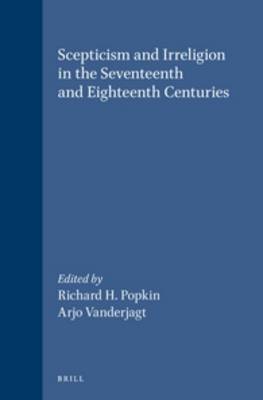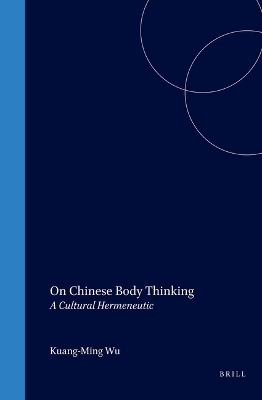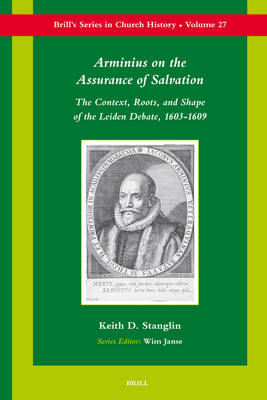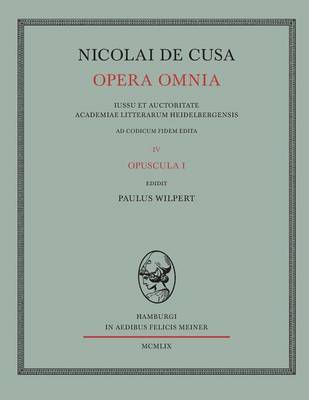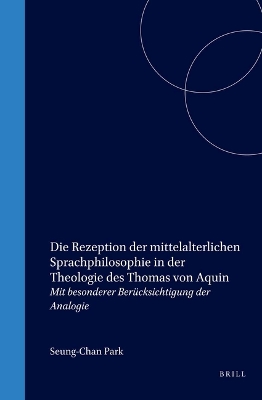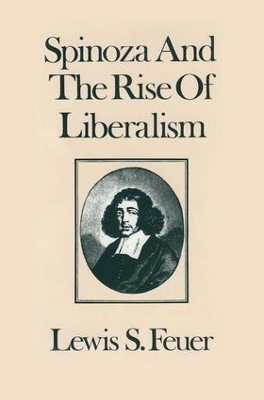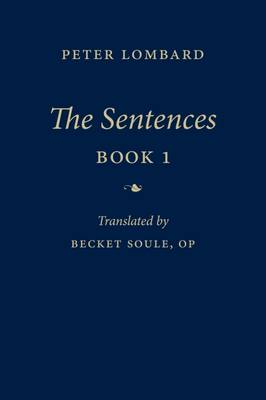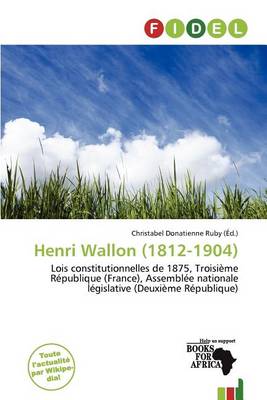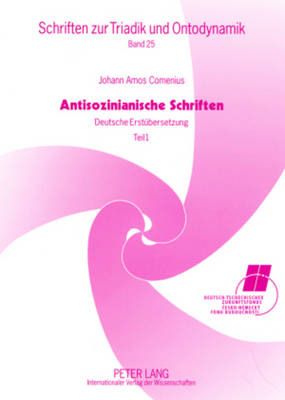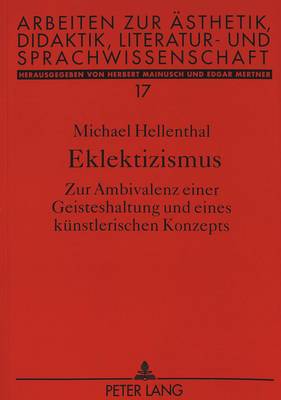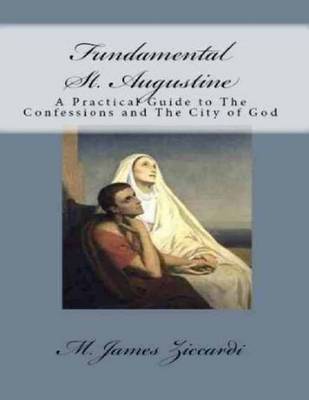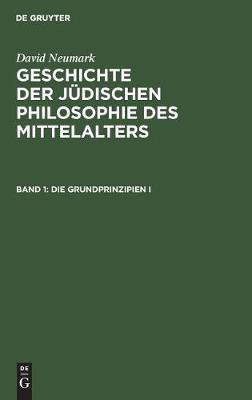The Cultures of Maimonideanism (Supplements to The Journal of Jewish Thought and Philosophy, #9)
In the history of Jewish thought, no individual scholar has exercised more influence than Maimonides (1138-1204) - philosopher and physician, legal scholar and communal leader. This collection of papers, originating at the 2007 EAJS colloquium, places primary emphasis on this influence - not on Maimonides himself but the many movements he inspired. Using Maimonideanism as an interpretive lens, the authors of this volume - representing a variety of fields and disciplines - develop new approaches...
Maitre Siger de Brabant (Philosophes Medievaux, v.21)
by Fernand van Steenberghen
Dante Et La Philosophie (Etudes de Philosophie Medievale, #28)
by Etienne Gilson
Ten Steps (Italian Modernities, #23)
This book is a ten-step journey around the thought and poetry of the most sensitive Italian visionary of modernity, Giacomo Leopardi, whose contribution to Western thought has been acclaimed by admirers from Schopenhauer to Nietzsche to Benjamin. A variety of readings, moving between different disciplines and approaches - including film studies, psychoanalysis, and queer theory - shed new light on Leopardi's fascinating and at the same time epistemologically radical compound of poetic imaginatio...
Philosophie in Der Islamischen Welt / 8. - 10. Jahrhundert (Grundriss Der Geschichte Der Philosophie, #1)
A number of Jewish philosophers active in Spain and Italy in the second half of the 15th century (Abraham Bibago, Baruch Ibn Ya'ish, Abraham Shalom, Eli Habillo, Judah Messer Leon) wrote Hebrew commentaries and questions on Aristotle. In these works, they reproduced the techniques and terminology of Late-Medieval Latin Scholasticism, and quoted and discussed Latin texts (by Albert the Great, Thomas Aquinas, William of Ockham, John Duns Scotus, and other authors) about logic, physics, metaphysics...
Thomas Aquinas & John Duns Scotus (Continuum Studies in Philosophy)
by Assistant Professor Alex Hall
Thomas Aquinas and John Duns Scotus are arguably the most celebrated representatives of the 'Golden Age' of scholasticism. Primarily, they are known for their work in natural theology, which seeks to demonstrate tenets of faith without recourse to premises rooted in dogma or revelation. Scholars of this Golden Age drew on a wealth of tradition, dating back to Plato and Aristotle, and taking in the Arabic and Jewish interpretations of these thinkers, to produce a wide variety of answers to the...
This volume deals with scepticism and irreligion in the 17th and 18th century. The various contributions seek to clarify and to understand the challenges made then to both the framework of thinking about God and religion and the intellectual systems that had supported religious thinking. Ample attention is given to early modern interpretations of ancient Pyrrhonism and also to biblical criticism. Contributors include: Susanna Akerman, Silvia Berti, Constance Blackwell, Olivier Bloch, Harry M. B...
On Chinese Body Thinking (Philosophy of History and Culture, #12)
This book uses Western philosophical tradition to make a case for a form of thinking properly associated with ancient China. The book's thesis is that Chinese thinking is concrete rather than formal and abstract, and this is gathered in a variety of ways under the symbol “body thinking”. The root of the metaphor is that the human body has a kind of intelligence in its most basic functions. When hungry the body gets food and eats, when tired it sleeps, when amused it laughs. In free people these...
Arminius on the Assurance of Salvation (Brill's Series in Church History, #27)
by Keith Stanglin
Although scholarship has treated, on the one hand, some aspects of Jacobus Arminius's theology, and on the other hand, the doctrine of assurance in the Reformed theologians of early Protestant orthodoxy, nevertheless proper attention has not yet been given to the intersection of these topics: Arminius's doctrine of assurance. With special attention to previously neglected primary sources, this book offers stimulating insights into the academic context of Arminius, and, along with a comparative a...
Nicolai de Cusa Opera omnia / Nicolai de Cusa Opera omnia. Volumen IV.
by Nikolaus Von Kues
One of Thomas Aquinas's central ideas is his attempt to show how it is possible to speak about the incomprehensible God. To reach a better understanding of this project, it is necessary to gain some insight into how he used the theories he acquired during his time in the faculty of arts in his philosophical-theological works. Park's book deals with the question which, despite the current flourishing of the studies of the medieval philosophy of language, has not received much attention. The appli...
In this classic work the author undertakes to show how Spinoza's philosophical ideas, particularly his political ideas, were influenced by his underlying emotional responses to the conflicts of his time. It thus differs form most professional philosophical analyses of the philosophy of Spinoza. The author identifies and discusses three periods in the development of Spinoza's thought and shows how they were reactions to the religious, political and economic developments in the Netherlands at the...
The Sentences, Book 1 (Mediaeval Sources in Translation, #42)
by Peter Lombard
Although he wrote sermons, letters, and commentaries on Holy Scripture, Lombard's Four Books of Sentences (1148-51) established his reputation and subsequent fame, earning him the title of magister sententiarum ("master of the sentences"). The Sentences, a collection of teachings of the Church Fathers and opinions of medieval masters arranged as a systematic treatise, marked the culmination of a long tradition of theological pedagogy, and until the 16th century it was the official textbook in th...
Antisozinianische Schriften (Schriften Zur Triadik Und Ontodynamik, #25)
by Erwin Schadel
Diese Ausgabe prasentiert die ideengeschichtlich kommentierte deutsche Erstubersetzung der "Antisozinianischen Schriften," welche Comenius 1659 bis 1662 in Amsterdam lateinisch veroffentlichte. Es handelt sich hier um zehn Einzelschriften. Der mahrische Pansoph fuhrt darin eine engagierte Kontroverse mit nicht weniger engagierten Sozinianern, den Trinitatskritikern seiner Zeit, welche als Vorlaufer der rationalistischen Aufklarung zu betrachten sind. Besagte Sozinianer sind Comenius von fruher J...
Eklektizismus (Arbeiten Zur Easthetik, Didaktik, Literatur- Und Sprachwisse, #17)
by Michael Hellenthal
Seit dem 2. Jh. n. Chr. bzw. mit Winckelmann erscheinen sowohl der Begriff als auch das Phanomen des Eklektizismus explizit innerhalb der Geschichte von Philosophie und Literatur oder Kunst. Die vorliegende Studie mit ihrer gesamtkulturellen, interdisziplinaren wie komparatistischen Ausrichtung versucht, die Entwicklung des Bewusstseins vom Eklektizismus und die Formen eklektischer Werke in den oben erwahnten Bereichen nachzuzeichnen oder darzustellen. Dabei stellt sich heraus, dass es sich beim...
This is an account of the life and work of Duns Scotus which gives acclaim to an important figure in the history of philosophical thought. John Duns Scotus (c.1265-1308) is distinguished among medieval thinkers for the depth of his learning and the originality and acuteness of his intellect. His writings took in such wide-ranging topics as logic, metaphysics, grammar and theology and include the first attempt to formulate universal laws of language. His place in the history of philosophy is ensu...
